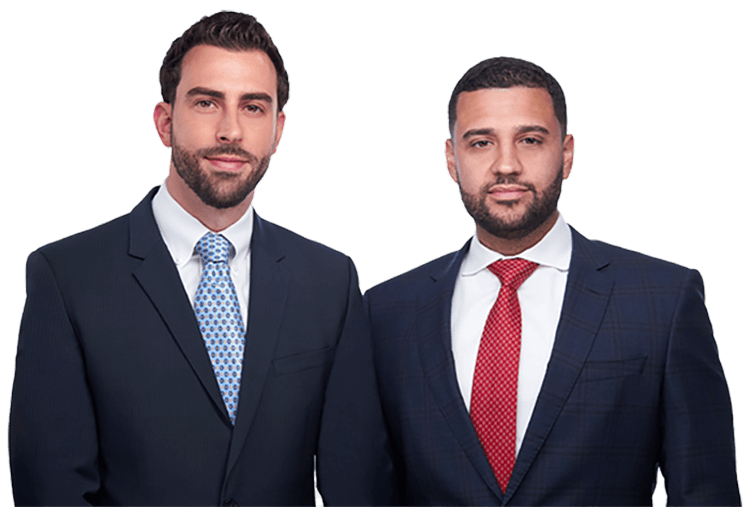While determining liability in motor vehicle accidents is complex as it is, the existence of rideshare platforms such as Uber and Lyft presents new and unique challenges when determining liability and seeking compensation for accident injuries.
Nonetheless, it is essential to delve into these complexities to determine who is at fault and responsible for compensation for your injuries.
Who is responsible?
In Florida, liability for claims outside the state’s no-fault system depends on certain circumstances of the accident, such as whether the rideshare driver logs in to the company’s app. To give you a general idea, liability would usually be the case given the following scenarios wherein the rideshare driver is at fault:
- Rideshare driver logged in and carrying passengers: The rideshare company’s insurer typically covers liability.
- Rideshare driver logged in but not carrying passengers: The rideshare company’s insurer usually provides limited coverage. In some cases, the driver’s personal car insurance can take effect.
- Rideshare driver is not logged in, with or without passengers: The driver’s personal car insurance will be responsible for the coverage.
If another driver was at fault, then their personal car insurance should cover the liabilities. What if they are uninsured or underinsured? Then, the rideshare company’s uninsured/underinsured motorist coverage might apply
Again, liability will depend on the unique circumstances of your case. Hence, it may be best to consult a skilled legal representative to review your situation and explore your options.
What you should do in case of a rideshare crash
Regardless of who is at fault, there are important steps you must take if you are involved in a rideshare motor vehicle accident. After calling the police and medical aid, screenshot the details of your rideshare booking if you were the passenger. This is crucial evidence when you make a claim. Moreover, similar to a regular accident, take photos of the scene, including the damage and your injuries, and talk to witnesses who can help you if the situation goes to trial.
In cases like this, adequate documentation and proper representation can help you claim the compensation you deserve.

